August 1 stands as one of history’s most eventful days, witnessing the rise and fall of empires, groundbreaking discoveries, and moments that shaped our modern world across centuries of human achievement.
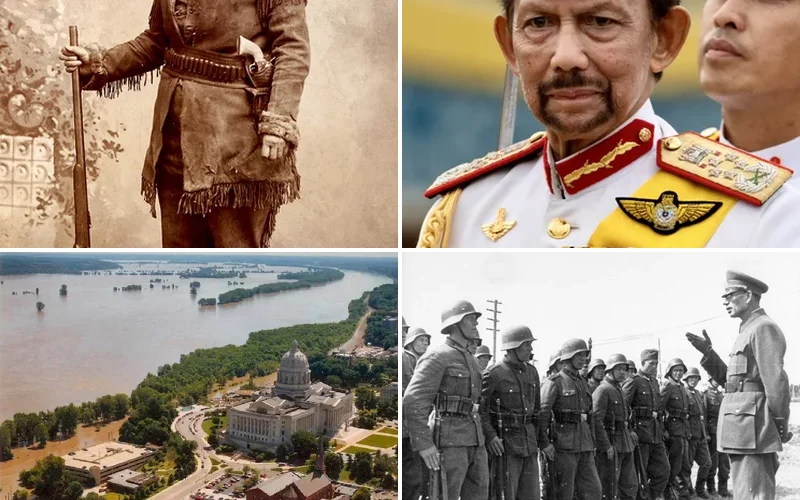
Politics and Government Events on August 1
1914 – German Empire Declares War on Russian Empire
World War I erupted into full-scale conflict as Kaiser Wilhelm II’s Germany formally declared war on Tsar Nicholas II’s Russia. The declaration triggered a cascade of alliances that would engulf Europe in unprecedented warfare.
The diplomatic crisis following Archduke Franz Ferdinand’s assassination had reached its breaking point. This momentous decision transformed a regional conflict into the first truly global war of the modern era.
1960 – Dahomey Declares Independence from France
The West African nation of Dahomey achieved independence from French colonial rule, joining the wave of decolonization sweeping across Africa. French administrators formally transferred power to the new government in Porto-Novo.
The newly independent nation would later face political instability and multiple coups before being renamed Benin in 1977. This independence marked a crucial step in dismantling France’s colonial empire in West Africa.
1960 – Islamabad Declared Federal Capital of Pakistan
Pakistan’s government officially designated Islamabad as the nation’s new federal capital, replacing Karachi. The decision represented a strategic move to establish a purpose-built capital in the country’s interior.
Urban planners began designing the modern city from scratch, incorporating Islamic architectural principles and contemporary urban planning concepts. The capital’s construction would span decades and symbolize Pakistan’s national aspirations.
1961 – Defense Intelligence Agency Created
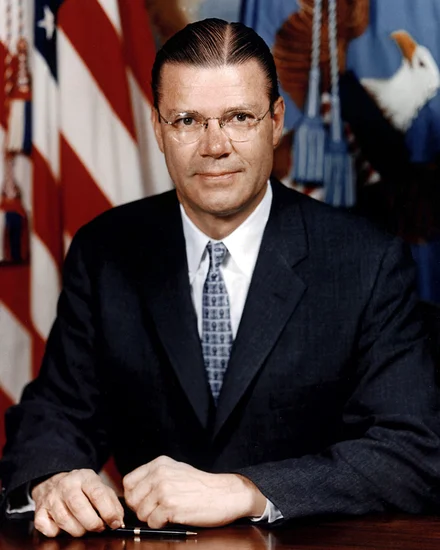
Secretary of Defense Robert McNamara established the Defense Intelligence Agency as America’s first centralized military intelligence organization. The DIA consolidated intelligence gathering across all branches of the armed forces.
This reorganization responded to Cold War intelligence failures and coordination problems between military services. The agency would become crucial in providing strategic intelligence to military commanders and defense policymakers.
1980 – First Democratically Elected Female Head of State
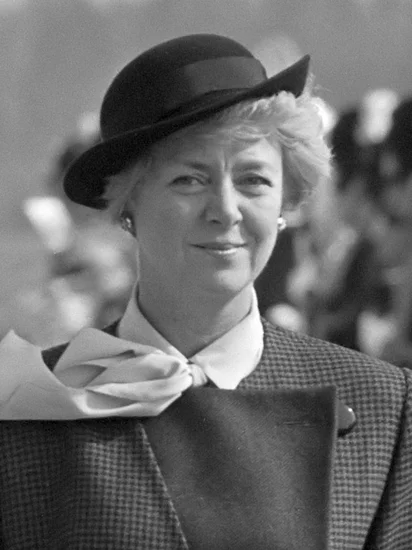
Vigdís Finnbogadóttir won Iceland’s presidential election, becoming the world’s first woman to achieve democratically elected head of state status. Her victory shattered political glass ceilings and inspired women globally.
The former theater director and cultural advocate would serve four terms as president. Her election marked a watershed moment in women’s political participation and gender equality worldwide.
2023 – Trump Indicted for January 6 Capitol Attack

Former President Donald Trump received his third criminal indictment of 2023, facing federal charges related to the January 6, 2021 Capitol attack. Special Counsel Jack Smith’s investigation culminated in unprecedented charges against a former president.
The indictment alleged Trump’s attempts to overturn the 2020 election results through various schemes. This historic legal proceeding raised profound questions about presidential accountability and American democratic institutions.
Military and Naval History on August 1
1914 – Swiss Army Mobilizes for World War I
Switzerland activated its entire military force as World War I erupted across Europe, maintaining strict neutrality while preparing for potential invasion. The Swiss Confederation implemented comprehensive mobilization procedures to protect its sovereignty.
Over 200,000 Swiss soldiers took defensive positions along the nation’s borders. This mobilization would sustain Switzerland’s neutrality throughout the conflict and establish precedents for future wartime policies.
1927 – Nanchang Uprising Begins Chinese Civil War
Communist forces launched the Nanchang Uprising against Kuomintang forces, marking the first major battle of the Chinese Civil War. This coordinated military action established August 1st as the founding date of the People’s Liberation Army.
The rebellion, though initially unsuccessful, demonstrated Communist military capabilities and strategic thinking. The uprising’s legacy would inspire decades of revolutionary warfare leading to Communist victory in 1949.
1943 – Operation Tidal Wave Bombing Mission
American bombers launched Operation Tidal Wave, targeting Romanian oil refineries crucial to Nazi Germany’s war machine. The mission, dubbed “Black Sunday,” resulted in devastating losses for Allied forces.
Despite the operation’s failure, it demonstrated Allied commitment to strategic bombing campaigns. The mission’s heavy casualties highlighted the extreme dangers faced by bomber crews throughout World War II.
1944 – Warsaw Uprising Begins
Polish resistance fighters launched the Warsaw Uprising against Nazi German occupation forces, beginning 63 days of fierce urban combat. The Polish Home Army coordinated the rebellion to liberate their capital city.
Despite heroic resistance, the uprising ultimately failed due to lack of Soviet support and overwhelming German firepower. The rebellion became a symbol of Polish courage and sacrifice during World War II.
1946 – Russian Liberation Army Leaders Executed
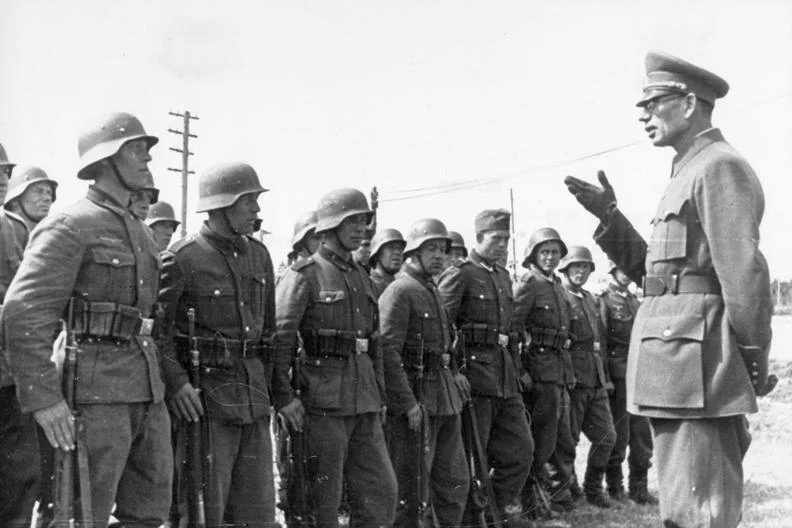
Soviet authorities executed leaders of the Russian Liberation Army, a force of Soviet prisoners who had collaborated with Nazi Germany. The trials and executions represented Stalin’s harsh justice against perceived traitors.
These executions reflected the complex moral landscape of World War II collaboration and resistance. The event highlighted the tragic fate of those caught between competing totalitarian systems.
1950 – Guam Becomes US Territory
President Harry Truman signed the Guam Organic Act, formally organizing Guam as an unincorporated United States territory. This legislation provided civil government structure and granted American citizenship to Guamanians.
The act represented a significant step in Guam’s political evolution following World War II liberation. This territorial status would provide strategic military advantages for American Pacific operations during the Cold War.
Science and Discovery Milestones on August 1
1984 – Lindow Man Discovered
Commercial peat-cutters in Cheshire, England, discovered the remarkably preserved bog body of a man dating from the Iron Age. The acidic bog conditions had naturally mummified the ancient remains.
Scientists dubbed the find “Lindow Man” and conducted extensive forensic analysis revealing details about ancient British life. The discovery provided unprecedented insights into pre-Roman Celtic culture and ritual practices.
1988 – Beijing-Tianjin Intercity Railway Opens
China inaugurated the Beijing-Tianjin Intercity Railway, the world’s fastest commuter rail system at the time. The high-speed line connected China’s capital with the major port city of Tianjin.
The railway represented China’s ambitious modernization of transportation infrastructure and technological advancement. This project demonstrated China’s growing expertise in high-speed rail technology that would expand globally.
Cultural and Arts Events on August 1
1965 – Dune Published
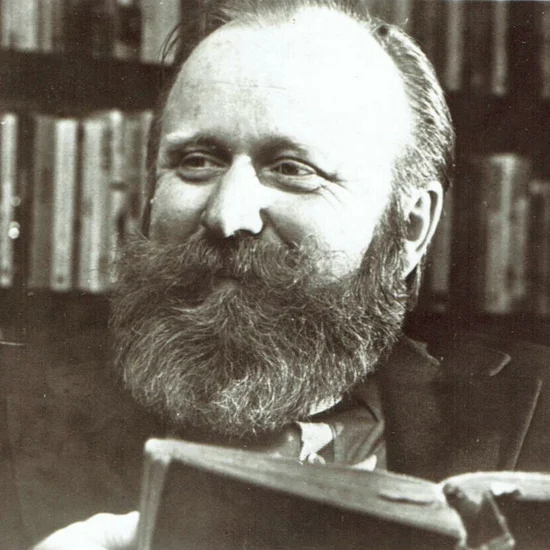
Frank Herbert’s science fiction masterpiece “Dune” was published, introducing readers to the complex universe of Arrakis and the spice melange. The novel would eventually be recognized as the world’s best-selling science fiction book.
Herbert’s intricate world-building combined ecological themes with political intrigue and mystical elements. The book’s success spawned sequels, adaptations, and influenced countless science fiction writers and filmmakers.
1971 – Concert for Bangladesh
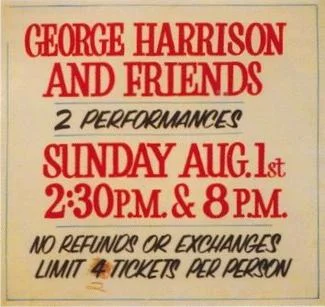
Former Beatle George Harrison organized the Concert for Bangladesh at Madison Square Garden, pioneering the concept of benefit concerts for humanitarian causes. The event raised awareness and funds for Bangladesh’s war refugees.
Bob Dylan, Eric Clapton, and other musical legends joined Harrison for this groundbreaking charity performance. The concert established the template for future benefit concerts and demonstrated music’s power for social good.
1981 – MTV Launches
MTV began broadcasting in the United States, revolutionizing music consumption and youth culture forever. The network’s first video, “Video Killed the Radio Star” by The Buggles, marked the beginning of the music video era.
The cable channel transformed how artists promoted their music and connected with audiences worldwide. MTV’s influence extended beyond music into fashion, language, and generational identity for decades.
1936 – Berlin Olympics Open
Adolf Hitler presided over the opening ceremony of the 1936 Summer Olympics in Berlin, using the games as Nazi propaganda. The elaborate ceremonies showcased German organizational capabilities and Aryan supremacy ideology.
Despite Nazi intentions, African American athlete Jesse Owens would dominate track and field events. The Olympics demonstrated both sport’s unifying power and its vulnerability to political manipulation.
Religious and Social Events on August 1
1915 – Patrick Pearse’s Freedom Speech
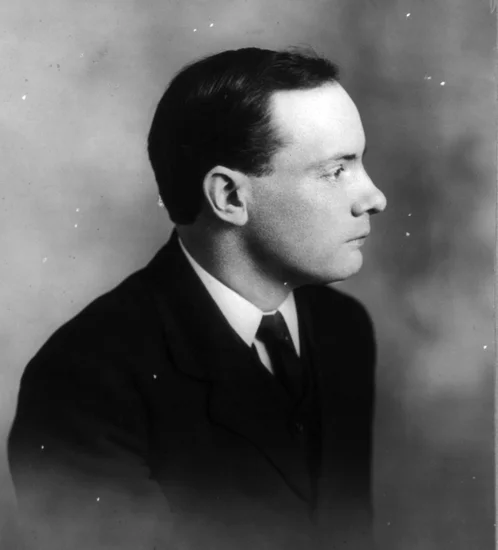
Irish revolutionary Patrick Pearse delivered his famous declaration “Ireland unfree shall never be at peace” at O’Donovan Rossa’s funeral in Dublin. The speech galvanized Irish nationalist sentiment and independence movements.
Pearse’s powerful oratory crystallized Irish resistance to British rule and inspired the Easter Rising. His words became a rallying cry for Irish independence and republican ideology.
1907 – First Scout Camp on Brownsea Island
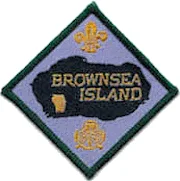
Lord Baden-Powell established the first Scout camp on Brownsea Island, launching the worldwide Scouting movement. Twenty young men participated in outdoor activities that would shape youth development globally.
The experimental camp’s success led to the formation of Scout troops across Britain and eventually worldwide. The movement would teach outdoor skills, citizenship, and character development to millions of young people.
1966 – Cultural Revolution Begins in China

The Chinese Communist Party officially launched the Cultural Revolution, targeting intellectuals and perceived enemies of the revolution. Mao Zedong’s campaign would transform Chinese society through radical political and social upheaval.
The movement encouraged young Red Guards to challenge traditional authority and destroy “old culture.” This decade-long campaign would profoundly impact Chinese education, arts, and social structures.
1974 – Cyprus Green Line Established
The United Nations Security Council authorized UNFICYP to create the “Green Line” dividing Cyprus into Greek and Turkish zones. This buffer zone separated the island’s ethnic communities following intercommunal violence.
The partition represented a temporary solution to ethnic conflict but became a permanent division. The Green Line remains one of the world’s longest-standing peacekeeping operations.
Business and Economic Events on August 1
1993 – Great Flood of 1993 Peaks

The Great Mississippi and Missouri Rivers Flood reached its devastating peak, affecting nine states and causing billions in damage. The unprecedented flooding disrupted transportation, agriculture, and commerce throughout the Midwest.
The disaster highlighted the vulnerability of river-dependent commerce and agricultural systems. Recovery efforts would reshape flood management policies and infrastructure development along America’s major waterways.
1990 – Puntland Autonomous State Established
Puntland declared autonomy in northeastern Somalia following a constitutional conference in Garowe. Traditional elders and political leaders created a self-governing territory amid Somalia’s ongoing civil war.
The autonomous state sought to provide stability and governance where central government had collapsed. Puntland’s establishment represented attempts at bottom-up state-building in the Horn of Africa.
Transportation and Infrastructure on August 1
1911 – First American Female Pilot Licensed
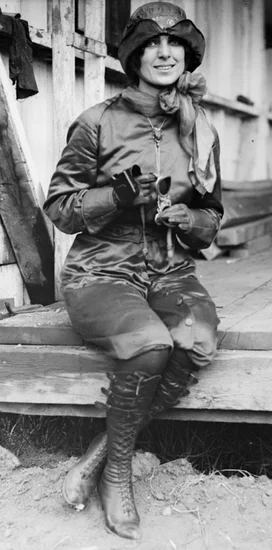
Harriet Quimby became the first American woman to earn an Aero Club of America aviator’s certificate. Her achievement broke gender barriers in aviation and inspired women to pursue flying careers.
Quimby’s pioneering flight across the English Channel the following year further demonstrated women’s aviation capabilities. Her accomplishments helped establish women’s roles in early aviation development.
1957 – NORAD Established
The United States and Canada formed the North American Aerospace Defense Command, creating integrated air defense for North America. NORAD represented unprecedented peacetime military cooperation between the two nations.
The command established early warning systems and coordinated responses to potential Soviet air attacks. NORAD’s creation reflected Cold War security concerns and enduring Canadian-American partnership.
2007 – Minneapolis Bridge Collapse

The I-35W Mississippi River bridge collapsed during evening rush hour, killing 13 people and injuring 145 others. The disaster highlighted America’s aging infrastructure and maintenance challenges.
The collapse prompted nationwide bridge inspections and increased infrastructure funding. The tragedy demonstrated the critical importance of regular maintenance and structural monitoring.
Sports and Recreation on August 1
1976 – Niki Lauda’s Near-Fatal Crash

Formula One driver Niki Lauda suffered a devastating crash at the German Grand Prix at Nürburgring that nearly claimed his life. The Austrian driver’s car caught fire, leaving him with severe burns and lung damage.
Lauda’s miraculous recovery and return to racing just six weeks later became one of sport’s greatest comeback stories. His determination and courage inspired athletes worldwide and changed Formula One safety standards.
2008 – K2 Mountaineering Disaster

Eleven mountaineers from international expeditions died on K2, the world’s second-highest peak, in the worst single accident in K2’s climbing history. The tragedy occurred during what should have been a routine summit attempt.
The disaster highlighted the extreme dangers of high-altitude mountaineering and the unpredictable nature of mountain weather. The deaths underscored the risks faced by climbers pursuing the world’s most challenging peaks.
2021 – Hassan Bolkiah Coronation
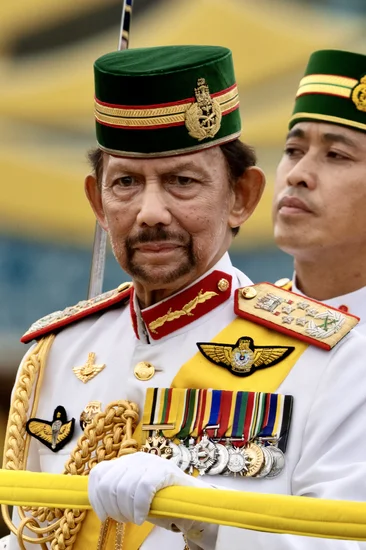
The coronation of Hassanal Bolkiah as the 29th Sultan of Brunei took place with elaborate traditional ceremonies. The event demonstrated the continuation of Southeast Asian monarchical traditions in the modern era.
The Sultan’s reign would span decades and witness Brunei’s transformation into a wealthy oil-producing nation. His coronation represented the stability of traditional governance in rapidly changing Southeast Asia.
Notable Births on August 1
1930 – Pierre Bourdieu Born
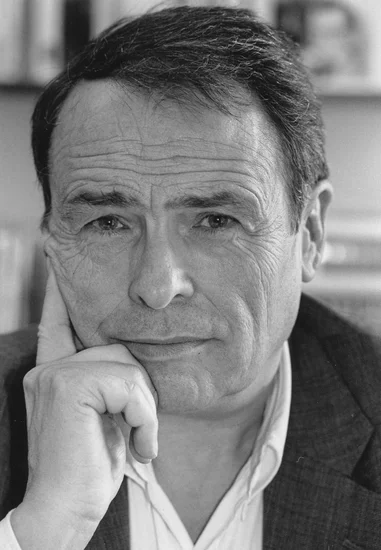
French sociologist Pierre Bourdieu entered the world, destined to become one of the most influential social theorists of the 20th century. His early life in rural France would later inform his groundbreaking theories about social class and cultural capital.
Bourdieu’s intellectual journey would revolutionize understanding of how social inequality perpetuates itself through cultural mechanisms. His concepts of habitus and field theory transformed sociology, anthropology, and education studies worldwide.
1942 – Jerry Garcia Born

American musician Jerry Garcia was born in San Francisco, beginning a life that would define counterculture music. His early musical experiences in the Bay Area shaped his distinctive guitar style and musical vision.
Garcia would later form the Grateful Dead, becoming an icon of the 1960s hippie movement and pioneering improvisational rock music. His influence on American music and culture extended far beyond his lifetime.
1955 – Yves Saint Laurent Born
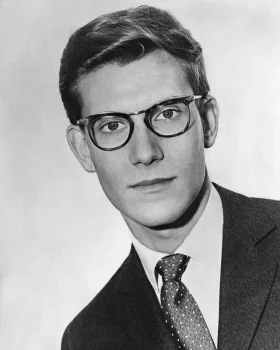
Algerian-French fashion designer Yves Saint Laurent was born, destined to revolutionize women’s fashion and challenge traditional gender norms in clothing. His childhood in North Africa exposed him to diverse cultural influences that would shape his aesthetic vision.
Saint Laurent would later create iconic designs like the women’s tuxedo and safari jacket. His fashion house became synonymous with elegance and innovation in haute couture.
1970 – Jason Momoa Born

American actor Jason Momoa was born in Hawaii, beginning a journey that would make him a global entertainment icon. His multicultural heritage and island upbringing would later influence his screen presence and environmental activism.
Momoa would achieve international fame portraying Aquaman in DC Comics films and Khal Drogo in Game of Thrones. His career demonstrated the growing diversity and global appeal of Hollywood entertainment.
1975 – Bastian Schweinsteiger Born

German footballer Bastian Schweinsteiger was born in Bavaria, beginning a career that would make him one of Germany’s greatest midfielders. His youth development in German football academies shaped his tactical intelligence and leadership qualities.
Schweinsteiger would captain Germany to World Cup victory in 2014 and win numerous titles with Bayern Munich. His playing style epitomized German football’s combination of technical skill and tactical discipline.
Notable Deaths on August 1
1903 – Calamity Jane Dies
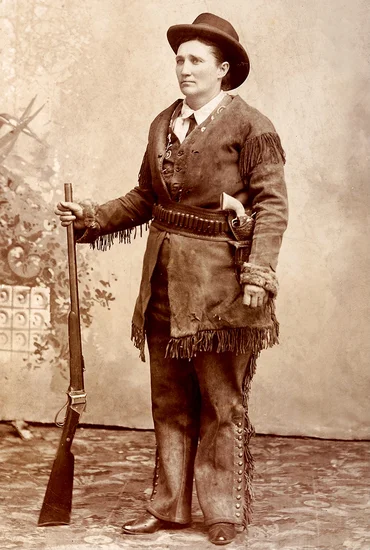
Martha Jane Cannary, known as Calamity Jane, died in Deadwood, South Dakota, ending the life of one of the American West’s most legendary figures. Her adventurous life embodied the frontier spirit and challenged traditional gender roles.
Calamity Jane’s reputation as a skilled markswoman and fearless scout made her a folk hero. Her death marked the end of an era in American frontier history and western expansion.
1966 – Charles Whitman Dies
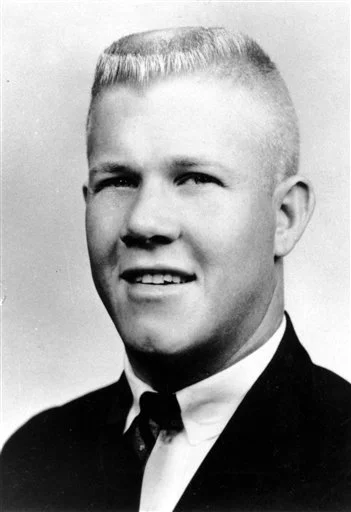
Mass murderer Charles Whitman was killed by police after shooting 15 people at the University of Texas at Austin. The tragedy represented one of America’s first modern mass shooting incidents and shocked the nation.
Whitman’s rampage from the university tower highlighted issues of mental health and gun violence. The incident would influence campus security policies and emergency response procedures nationwide.
1970 – Otto Warburg Dies
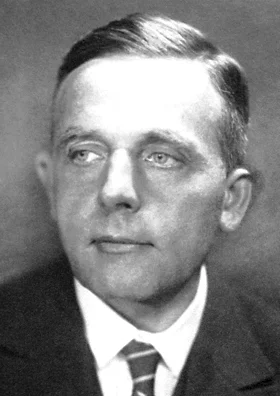
German physician Otto Warburg died, ending the life of a Nobel Prize-winning scientist who revolutionized understanding of cellular metabolism. His research on cancer cells and photosynthesis earned him international acclaim.
Warburg’s discoveries about cellular respiration and cancer metabolism laid foundations for modern biochemistry. His scientific legacy continued to influence medical research and cancer treatment development.
2005 – King Fahd of Saudi Arabia Dies
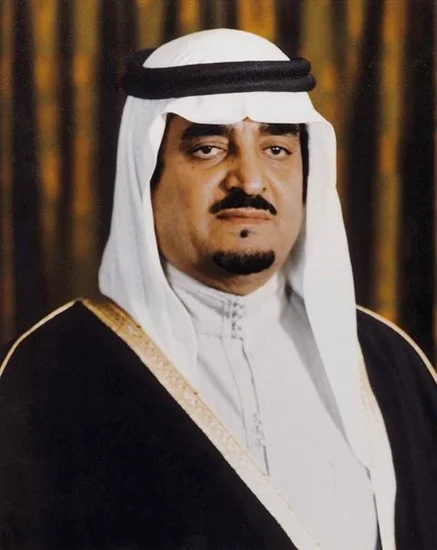
King Fahd bin Abdulaziz Al Saud died, ending a 23-year reign that transformed Saudi Arabia into a modern kingdom. His leadership during the Gulf War and oil boom years significantly influenced Middle Eastern politics.
Fahd’s reign saw massive infrastructure development and increased Saudi influence in global affairs. His death marked a transition in Saudi leadership and regional power dynamics.
2009 – Corazon Aquino Dies

Former Philippines President Corazon Aquino died, ending the life of a democracy icon who helped restore democratic government to her nation. Her “People Power” movement inspired democratic movements worldwide.
Aquino’s peaceful revolution against Ferdinand Marcos demonstrated the power of nonviolent resistance. Her death was mourned internationally as the loss of a champion of human rights and democratic governance.
Holidays and Observances on August 1
Swiss National Day
Switzerland celebrates its national day, commemorating the formation of the Swiss Confederation in 1291. The holiday honors the alliance that created the foundation of modern Switzerland and celebrates Swiss unity and independence.
Traditional celebrations include bonfires, fireworks, and patriotic speeches throughout the country. The observance reflects Switzerland’s unique federal structure and enduring commitment to neutrality and democracy.
Emancipation Day
Many former British colonies celebrate Emancipation Day, marking when the Slavery Abolition Act came into effect in 1833. The holiday commemorates the end of chattel slavery throughout the British Empire and celebrates freedom and human rights.
Countries including Jamaica, Barbados, and Trinidad observe this significant historical milestone. The celebration honors the struggles of enslaved people and recognizes the ongoing fight for equality and justice.
Armed Forces Day in China
China observes Armed Forces Day, commemorating the founding of the People’s Liberation Army during the 1927 Nanchang Uprising. The holiday celebrates the military’s role in Chinese revolution and national defense.
Military parades and ceremonies honor the PLA’s history and modern capabilities. The observance reflects the military’s important role in Chinese politics and national identity.
World Scout Scarf Day
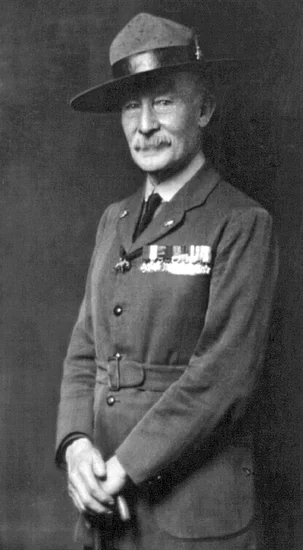
The global Scouting movement celebrates World Scout Scarf Day, recognizing the international brotherhood of Scouts. The observance honors the movement’s founding and its continued impact on youth development worldwide.
Scouts worldwide wear their traditional neckerchiefs and participate in community service projects. The celebration emphasizes Scouting’s values of friendship, outdoor adventure, and civic responsibility.
